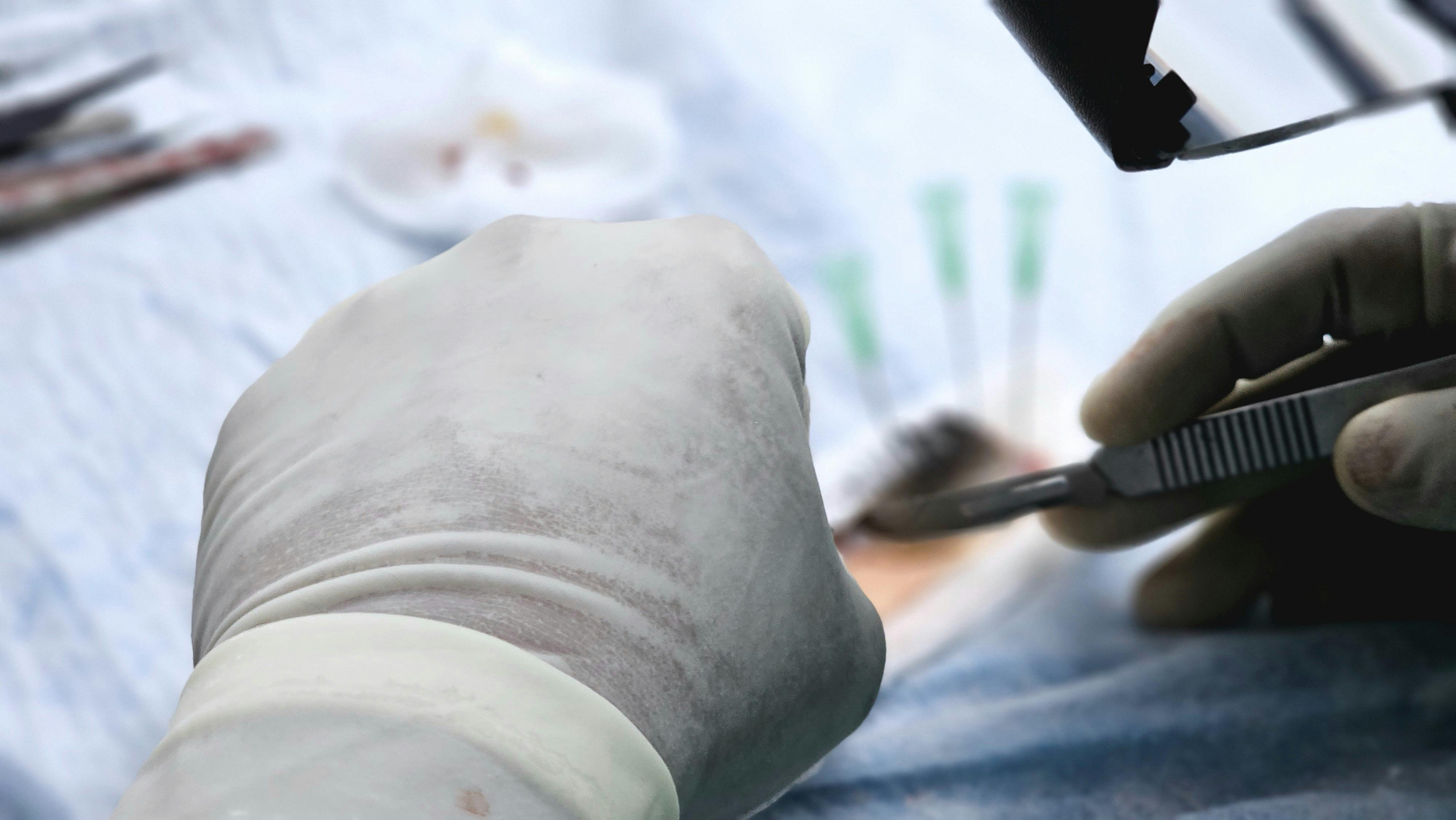Choosing the Right Pathology Lab Equipment Manufacturers for Your Laboratory Needs
Selecting the right pathology lab equipment manufacturer is a critical decision that directly impacts the accuracy, efficiency, and reliability of diagnostic results. With advancements in medical technology and an increasing demand for precision-driven testing, laboratories must partner with manufacturers who offer high-quality equipment, innovative solutions, and dependable after-sales support. The right choice ensures not only smooth operations but also long-term value for your laboratory.

Key Factors to Consider When Selecting a Manufacturer
The selection process for pathology equipment manufacturers requires thorough evaluation of several critical elements. Regulatory compliance stands as a primary consideration, with manufacturers needing FDA approval, ISO certifications, and adherence to Clinical Laboratory Improvement Amendments (CLIA) standards. Quality management systems demonstrate a manufacturer’s commitment to consistent product performance and reliability.
Technical support capabilities significantly influence the operational continuity of your laboratory. Manufacturers should provide comprehensive training programs, responsive customer service, and accessible technical documentation. Service network coverage ensures prompt maintenance and repair services, minimizing equipment downtime that could disrupt laboratory operations.
Financial stability and market reputation of manufacturers provide insight into their long-term viability and ability to support your equipment throughout its operational lifespan. Established manufacturers typically offer better warranty terms, software updates, and replacement part availability.
Top Innovations Shaping Pathology Lab Equipment
Contemporary pathology equipment incorporates advanced technologies that enhance diagnostic capabilities and operational efficiency. Artificial intelligence integration assists pathologists in pattern recognition, reducing interpretation time and improving diagnostic accuracy. Digital pathology systems enable remote consultations and facilitate telepathology services, expanding access to specialized expertise.
Automated specimen processing equipment streamlines workflow and reduces manual handling errors. Modern analyzers feature enhanced throughput capabilities, processing larger sample volumes while maintaining precision. Molecular diagnostics equipment continues evolving with faster turnaround times and expanded test menus for genetic and infectious disease testing.
Cloud-based laboratory information management systems improve data accessibility and enable seamless integration with hospital information systems. These innovations support laboratory consolidation efforts and enhance collaboration between healthcare facilities.
Benefits of Partnering with Reliable Manufacturers
Establishing partnerships with reputable manufacturers provides numerous advantages that extend beyond initial equipment acquisition. Reliable manufacturers offer consistent product quality, reducing the likelihood of equipment failures and associated operational disruptions. Their established supply chains ensure timely delivery of consumables and replacement parts.
Training and education programs from established manufacturers enhance laboratory staff competency and equipment utilization. Ongoing technical support helps laboratories maximize equipment capabilities and troubleshoot issues efficiently. Software updates and technology upgrades keep equipment current with evolving diagnostic requirements and regulatory standards.
Long-term partnerships often result in preferential pricing arrangements, priority service scheduling, and access to beta testing programs for new technologies. These relationships can provide competitive advantages in laboratory operations and diagnostic capabilities.
| Manufacturer | Equipment Type | Key Features | Price Range |
|---|---|---|---|
| Roche Diagnostics | Automated Analyzers | High throughput, integrated systems | $150,000 - $500,000 |
| Siemens Healthineers | Digital Pathology | AI-assisted imaging, remote access | $200,000 - $800,000 |
| Abbott Laboratories | Molecular Diagnostics | Rapid testing, multiplex capabilities | $100,000 - $400,000 |
| Beckman Coulter | Hematology Systems | Advanced cell counting, flagging | $80,000 - $300,000 |
Prices, rates, or cost estimates mentioned in this article are based on the latest available information but may change over time. Independent research is advised before making financial decisions.
Implementation and Integration Considerations
Successful equipment implementation requires careful planning and coordination with manufacturers. Site preparation specifications must be thoroughly reviewed, including electrical requirements, ventilation needs, and space allocations. Installation timelines should align with laboratory operational schedules to minimize service disruptions.
Staff training programs should commence before equipment installation to ensure smooth transitions. Manufacturers typically provide comprehensive training modules covering operation procedures, maintenance protocols, and troubleshooting techniques. Ongoing education opportunities help laboratory personnel stay current with equipment capabilities and best practices.
Integration with existing laboratory information systems requires careful planning and testing. Manufacturers should provide detailed specifications for data interfaces and support system validation processes required for regulatory compliance.
Equipment selection decisions in pathology laboratories significantly impact diagnostic capabilities, operational efficiency, and patient care quality. Thorough evaluation of manufacturer credentials, technology innovations, and long-term support capabilities ensures optimal equipment performance and laboratory success. The investment in quality equipment from reputable manufacturers ultimately contributes to improved diagnostic accuracy, enhanced workflow efficiency, and better patient outcomes.
Disclaimer: This article is for informational purposes only and should not be considered medical advice. Please consult a qualified healthcare professional for personalized guidance and treatment.




